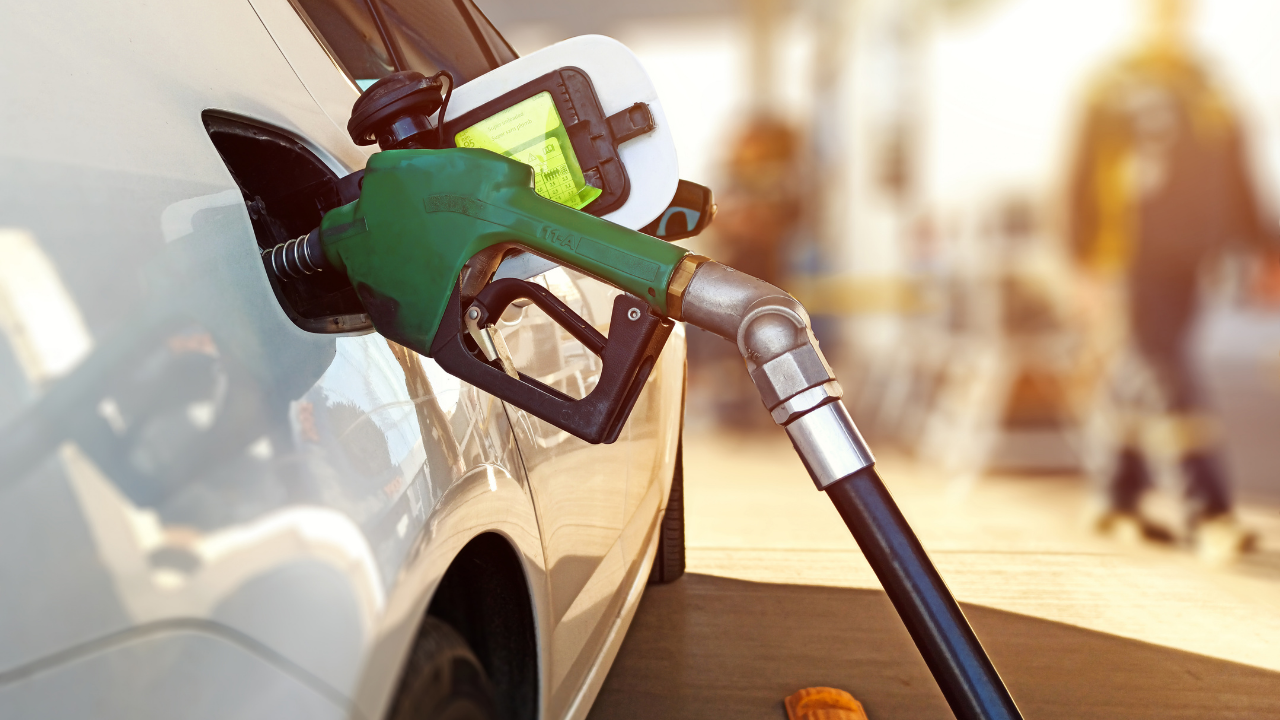Romania ranks 24th in terms of living standards in the EU. To catch up with high inflation, the government has sharply increased pensions and social benefits since March, and the average gross wage has risen 180% in the last ten years. The minimum wage is just over 500 euros. However, Romanians are finding it increasingly difficult to pay their bills.
To tackle the country’s economic crisis, Romania froze electricity and gas prices for a year. The government is also discussing the introduction of 0% VAT on food. However, inflation in the country in April was 13.76%. Food prices have risen by more than 13 percent, with the most drastic increase in oil, flour and potatoes. And fuels have jumped 36%. Against this background, Romanians are finding it increasingly difficult to recoup their spending and reach for their savings.
Uniri Square welcomes Bucharest guests with empty bars, and many shops have closed since the pandemic. Locals prefer to relax in the green parks of the city, but are not calm.
Their main topic is high inflation, which melts their income. The Vlasie family lived in Britain for five years. When their daughter is born, they return to Romania, but they already regret their decision. Although they are university graduates and receive high salaries, they increasingly have to pay for every penny spent.
“We have a small child and we try to buy everything he needs. However, we may miss the family vacation this year. We will not spend money on it. It is important to fix the bills,” said Anna Vlasie.
The highest bill they had to pay was for heating, but the state reimbursed them.
“Our gas bill was close to a thousand euros and the government reduced it to about 300 euros. So we’ve been getting help from the state lately. There’s still some progress. I think inflation is around 20-30 percent, looking at the price of bread and the main products that have really risen a lot “, added Olvidio Vlasie.
And although Romania reduced VAT on food to 9% seven years ago, product prices are rising every day. A kilo of white bread is 86 euro cents, chicken is about 5 euros, and a liter of milk sells for 20 euros.
A liter of the most popular gasoline today is the euro and 66 euro cents, but the government supports 3,000 licensed carriers in the country. The discount for them is 10 euro cents per liter of diesel or gasoline.
The Romanian government plans to allocate an additional 1 billion and 800m euros in social assistance by the end of the year.
“Inflation must be avoided, which would be catastrophic at the moment. The situation is not tragic yet, but many people’s lives have deteriorated because it is also affecting bank interest rates, so the situation really needs to improve. The question is where this money will come from, this is exactly what is being discussed at the moment. Reduction of VAT, excise duties, nothing concrete yet. There are military expenses. I don’t think he will take any of the military expenses, this is my personal opinion, but this money has yet to be found, “said Georgi Nakov, a member of the lower house of the Romanian parliament.
To avoid a new crisis, Romania has postponed the adoption of the euro until 2029, hoping to bring the standard of living closer to that of the average European by then.


